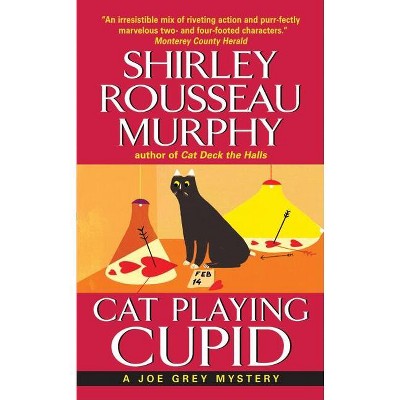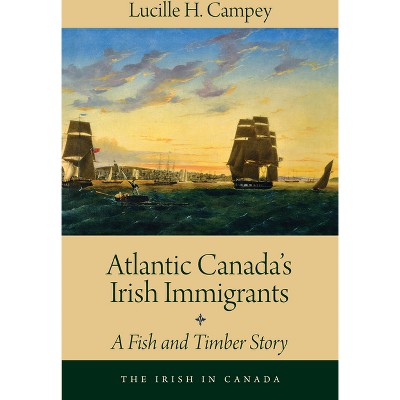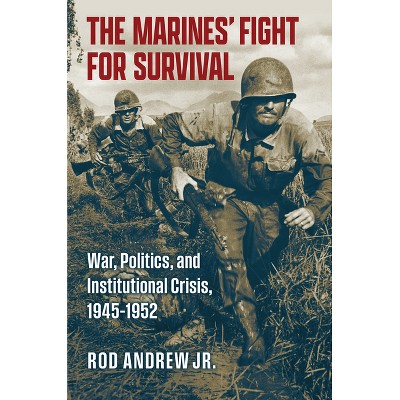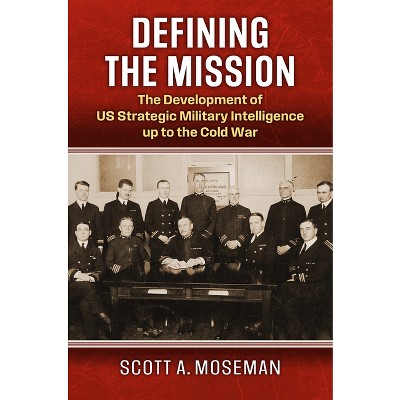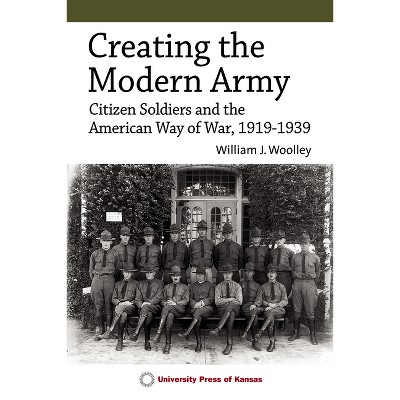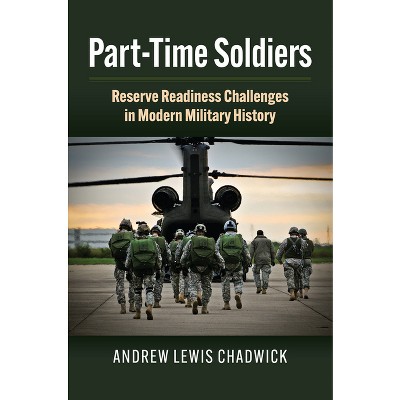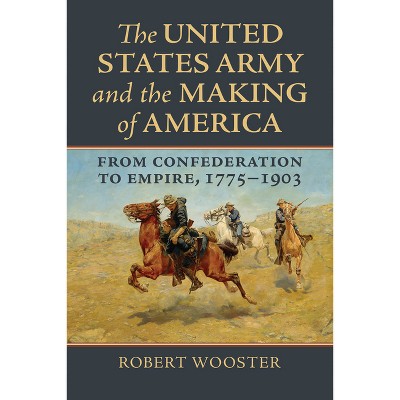Sponsored

The Media Offensive - (Studies in Civil-Military Relations) by Alexander G Lovelace (Paperback)
In Stock
Sponsored
About this item
Highlights
- World War II was a media war.
- Author(s): Alexander G Lovelace
- 368 Pages
- History, Military
- Series Name: Studies in Civil-Military Relations
Description
About the Book
"World War II was a media war. Franklin Roosevelt used the press to a great extent, of course, but as the war progressed, the media also came to influence commanders' decisions on the battlefield. Rescuing Douglas MacArthur from the Philippines in deference to public opinion forced the Allies to divide the Pacific War between two competing theaters. Omar Bradley's concern over American public opinion convinced Dwight D. Eisenhower to include Americans in the final assault against Axis forces in Tunisia. George S. Patton raced across Sicily to gain media attention and British respect. Mark Clark's hunger for publicity and the glory of capturing Rome allowed an entire German army to escape destruction. Negative media pressure and the fear of V-1 bombs damaging British morale provided the impetus for the breakout of Normandy and the unsuccessful attempt to liberate the Netherlands in the fall of 1944. British General Bernard Montgomery's remarks to the press during the Battle of the Bulge almost caused him to lose his command and created tremendous ill feelings among the Allies. Soon afterward, Eisenhower was forced to hold the dangerously exposed city of Strasbourg because of French public opinion. By V-E Day, even Eisenhower was attempting to get more publicity for American, as opposed to Allied, units. Alexander Lovelace demonstrates that the US military repeatedly discovered that the best effects resulted from accurate news stories. Truthful news reporting-defined as news reporting that accurately depicts the events it describes-could not be created by the military or even the media, but could only emerge by a free press searching for it"--Book Synopsis
World War II was a media war. President Franklin D. Roosevelt used the press to a great extent, of course, but as the war progressed, the media also came to influence commanders' decisions on the battlefield. Rescuing General Douglas MacArthur from the Philippines in deference to public opinion forced the Allies to divide the Pacific War between two competing theaters. Omar Bradley's concern over US public opinion convinced General Dwight D. Eisenhower to include Americans in the final assault against Axis forces in Tunisia. General George S. Patton Jr. raced across Sicily to gain media attention and British respect. General Mark Clark's hunger for publicity and the glory of capturing Rome allowed an entire German army to escape destruction. Negative media pressure and the fear of V-1 bombs damaging British morale provided the impetus for the breakout of Normandy and the unsuccessful attempt to liberate the Netherlands in the fall of 1944. British general Bernard Montgomery's remarks to the press during the Battle of the Bulge almost caused him to lose his command and created tremendous ill feelings among the Allies. Soon afterward, Eisenhower was forced to hold the dangerously exposed city of Strasbourg because of French public opinion. By V-E Day, even Eisenhower was attempting to get more publicity for American, as opposed to Allied, units. The Media Offensive offers a new way to understand military-media relations during World War II. The press and public opinion shaped not only how the conflict was seen but also how it was fought. Alexander Lovelace demonstrates that the US military repeatedly discovered that the best effects resulted from accurate news stories. Truthful news reporting--defined as news reporting that accurately depicts the events it describes--could not be created by the military or even the media but could only emerge through a free press searching for it. Lovelace recasts World War II in a new and unique fashion by placing media and public opinion at the center of battlefield decision-making. Unlike past scholarship on the media during World War II that focused on censorship, propaganda, or the adventure stories of war correspondents, The Media Offensive takes the historiography of war reporting in a new direction. In what could be called "the new history of war reporting," the focus is switched from how the military controlled reporters to how military decisions were shaped by the press.Review Quotes
"What Lovelace has successfully done is not to create a new media history of war, but rather to make a valuable contribution to the broadening of our understanding of the interplay between governments, military commanders, public opinion, and the media."--Journal of Military History
"The Media Offensive is a major work of scholarship throwing important light on the public politics of US strategy and operational dynamics as well as offering a significant perspective on the more general question of wartime public morale. A welcome advance in our understanding of all these subjects."--Jeremy Black, author of Strategy and the Second World War: How the War Was Won, and Lost
"A brilliant and engaging book, The Media Offensive should be on the bookshelf of anyone who seeks to understand the relationship between the military and the fourth estate. Judicious and well-researched, Alexander Lovelace challenges narratives that claim censorship kept the American press on a short leash in World War II or that that journalists were ciphers who uncritically supported the 'good war.' Quite the contrary, censorship was only the beginning of the story of how generals, most notably Douglas MacArthur, adeptly sought to influence the media to gain support in DC and among the broader public for resources. News reporting mattered, and the press played an important role in stoking Anglo-American discord, especially during the Battle of the Bulge."--G. Kurt Piehler, author of A Religious History of the American GI in World War II
"Alex Lovelace has written an excellent book. Exhaustively researched and cogently written, his most important and novel contribution is to examine how news reporting affected decision-making, both in DC and in and around the battlefield, during the tumultuous years of World War II."--Steve Casey, author of The War Beat, Pacific: The American Media at War against Japan
